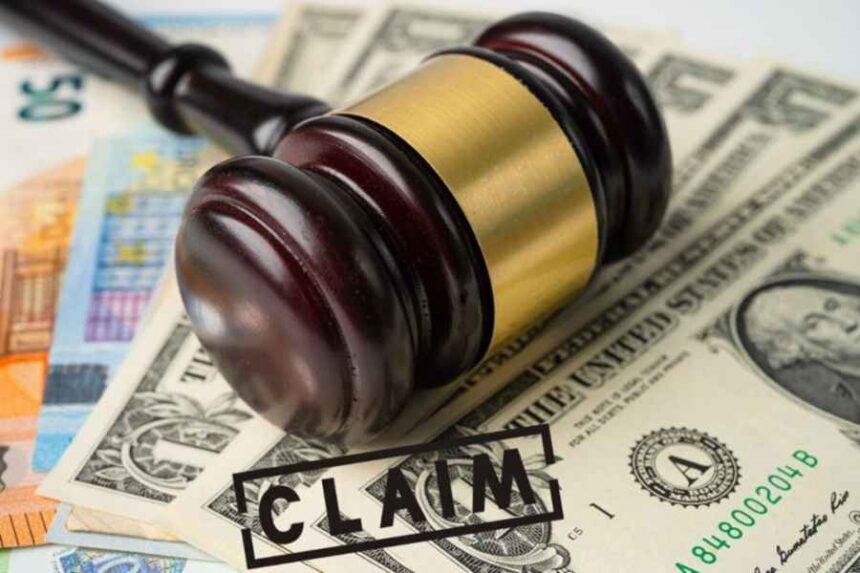Navigating a personal injury claim can feel intimidating, especially when dealing with injuries and financial stress. Whether you were in a car accident, slipped and fell, or experienced any other injury caused by someone else’s negligence, understanding the process can help you feel more prepared.
In most cases, personal injury lawyers work on a contingency fee basis, meaning you don’t have to pay any upfront costs. This arrangement lets you focus on recovery while your lawyer handles the legal work.
In this blog, we will explain in detail what to expect during the personal injury claim.
Understanding the Personal Injury Claim
A personal injury claim is a legal process to seek compensation from the at-fault party or their insurance company. Every year, accidents result in millions of injuries. According to the CDC, over 136 million injury-related emergency room visits occur annually in the United States.
Many of these victims file personal injury claims to recover compensation for medical bills, lost wages, and other damages caused by accidents. The steps outlined below will give you an idea of how this process works.
-
Initial Consultation with an Attorney
The process starts with an initial consultation with a personal injury attorney. During this meeting, you’ll share details about the incident, including how the injury occurred and its impact on your life. The attorney will assess your case’s strength and decide whether to represent you.
These consultations are typically free, primarily if the lawyer works on a contingency fee basis. Be sure to bring any relevant evidence, such as medical records, photos of the accident, or witness contacts, to help the attorney evaluate your claim.
-
Investigation and Case Evaluation
If the lawyer agrees to take your case, they will investigate to gather supporting evidence. This step includes:
- Reviewing police or incident reports
- Analyzing medical records and bills
- Collecting photos or videos of the accident
- Interviewing witnesses
The attorney will also evaluate the value of your claim. It involves calculating damages like medical expenses, lost income, and emotional suffering.
-
Filing the Demand Letter
After completing the investigation, your lawyer will prepare and send a demand letter to the at-fault party’s insurance company. This document outlines:
- Details of the accident
- Evidence of the other party’s negligence
- The compensation you’re seeking
The insurance company may accept the demand, make a counteroffer, or deny the claim.
-
Negotiating a Settlement
Settlement negotiations are common in personal injury cases. Your lawyer will communicate with the insurance company to agree on a fair settlement. During this stage, insurers may try to minimize payouts. However, having an experienced lawyer ensures your interests are protected, and you receive the compensation you deserve.
-
Mediation or Arbitration
If settlement negotiations fail, your lawyer may recommend alternative dispute resolution methods like mediation or arbitration. These methods can save time and reduce the costs of going to court. Mediation involves a neutral third party helping both sides find a mutually acceptable solution. Arbitration is when an arbitrator reviews the case and makes a binding decision.
-
Filing a Lawsuit
If negotiations and mediation fail, filing a lawsuit might be necessary. This step begins with your attorney submitting a formal complaint to the court. Once the case is in court, both sides prepare for trial through discovery.
Discovery involves exchanging evidence, conducting depositions, and gathering testimonies. Although lawsuits can be lengthy and expensive, they sometimes motivate the opposing party to settle before the trial begins.
Conclusion
The personal injury claim process has multiple stages, each requiring patience and careful planning. From the initial consultation to potential litigation, understanding these steps can reduce stress and help you feel more prepared.
Working with an experienced lawyer is crucial, as they can guide you through the process, negotiate on your behalf, and ensure you receive the compensation you deserve. With the right approach, you can recover the damages needed to rebuild your life after an accident.




